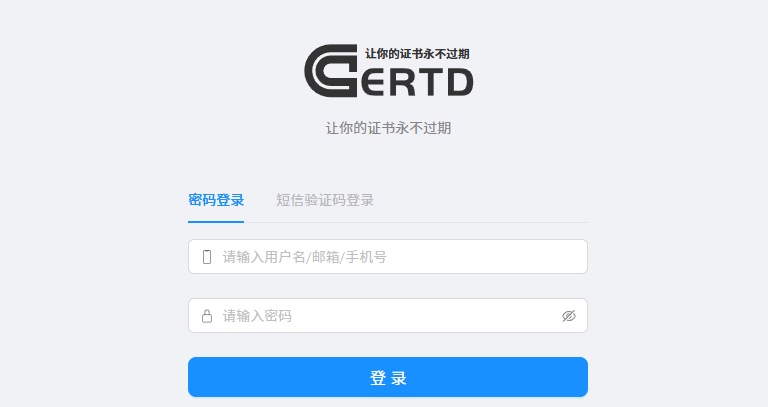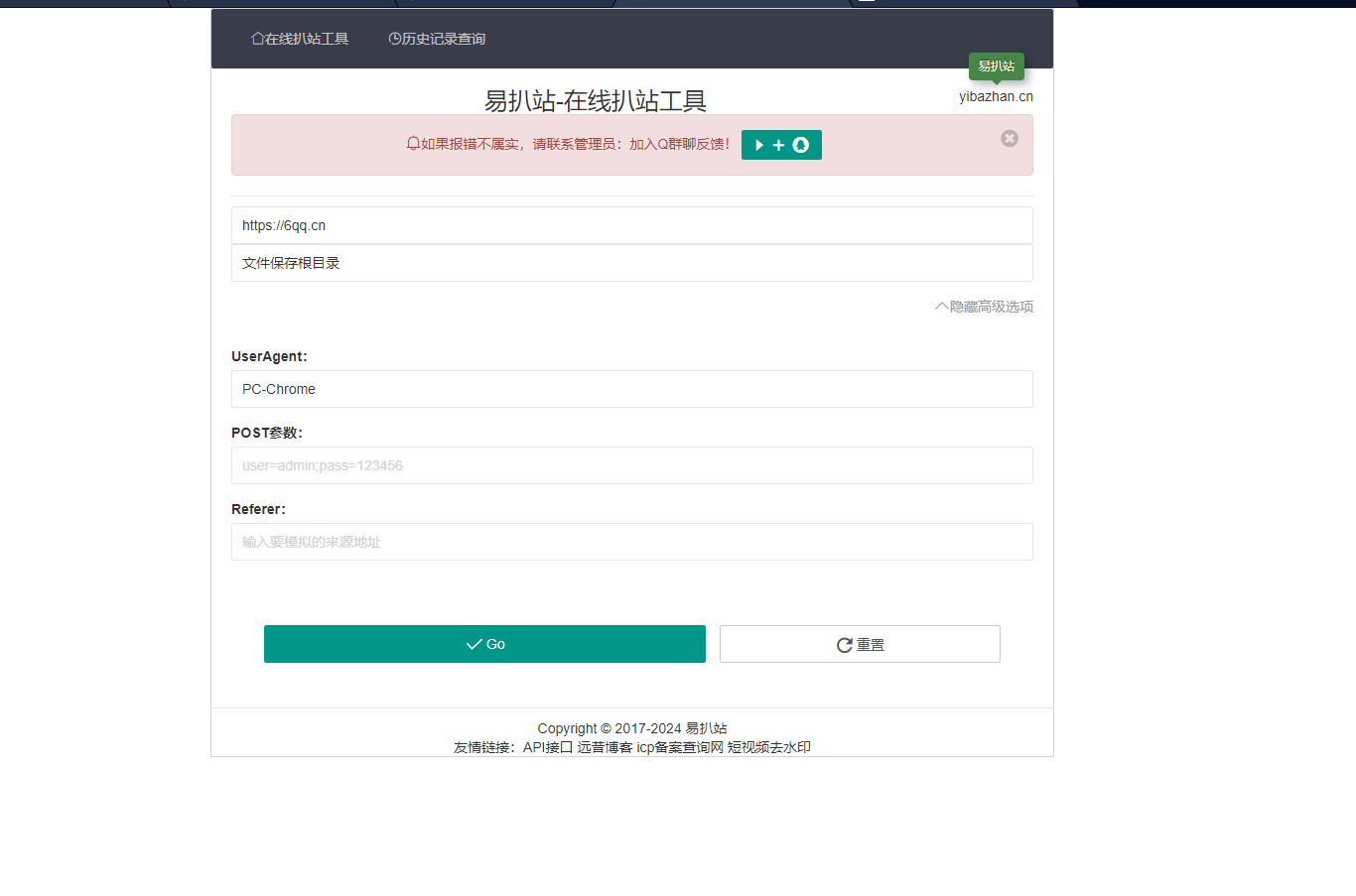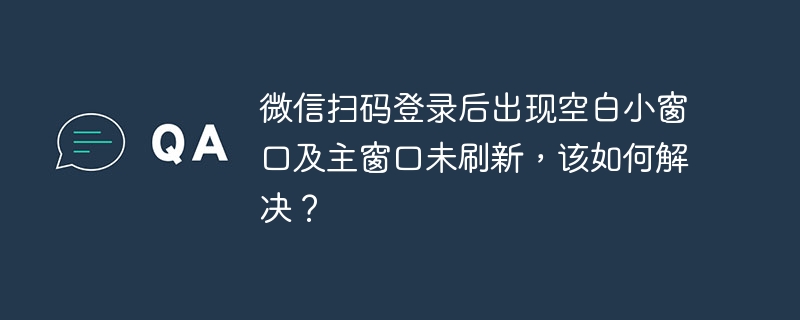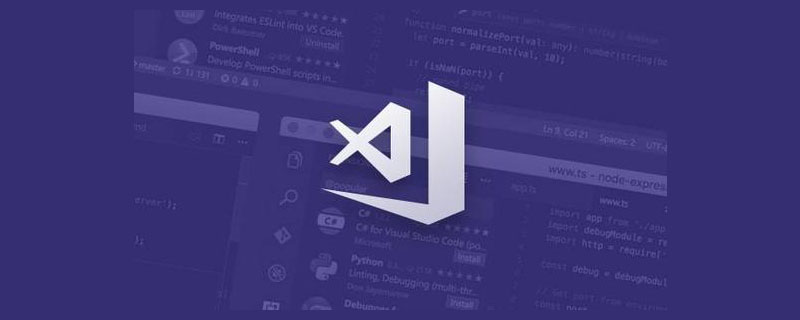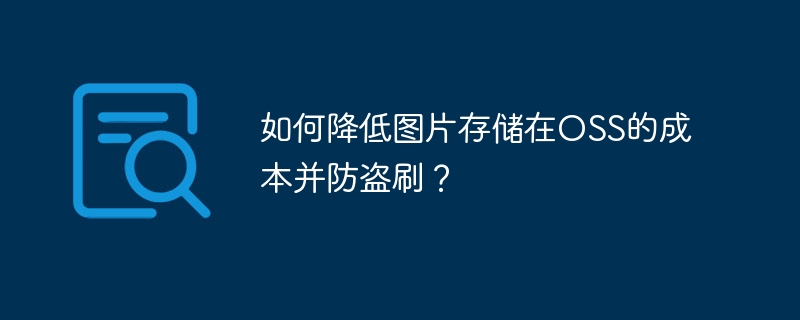
Boolean() 構造函數可用于創建布爾對象以及布爾原始值,表示 true 或 false 值。
在下面的代碼中,我詳細介紹了 JavaScript 中布爾值的創建。
示例:sample52.html
<script> // Create a Boolean Object using the new keyword and the Boolean() constructor. var myBoolean1 = new Boolean(false); // Using new keyword. console.log(typeof myBoolean1); // Logs 'object'. // Create a Boolean literal/primitive by directly using the number constructor without new. var myBoolean2 = Boolean(0); // Without new keyword. console.log(typeof myBoolean2); // Logs 'boolean'. // Create Boolean literal/primitive (constructor leveraged behind the scenes). var myBoolean3 = false; console.log(typeof myBoolean3); // Logs 'boolean'. console.log(myBoolean1, myBoolean2, myBoolean3); // Logs false false false. </script>
Boolean() 參數
Boolean() 構造函數將一個參數轉換為布爾值(即 true 或 false)。任何非 0、-0、NULL、false、NaN、undefined 或空字符串 (“”) 的有效 JavaScript 值都將轉換為 true。在以下示例中,我們創建兩個布爾對象值:一個 true 和一個 false。
示例:sample53.html
<script> // Parameter passed to Boolean() = 0 = false, thus foo = false var foo = new Boolean(0) console.log(foo); // Parameter passed to Boolean() = Math = true, thus bar = true var bar = new Boolean(Math) console.log(bar); </script>
當與 new 關鍵字一起使用時,來自 Boolean() 構造函數的實例會生成一個實際的復雜對象。您應該避免使用 Boolean() 構造函數創建布爾值(而是使用文字/原始數字),因為存在與 typeof 運算符相關的潛在問題。 typeof 運算符將布爾對象報告為“object”,而不是您可能期望的原始標簽(“boolean”)。此外,文字/原始值的寫入速度更快。
Boolean() 屬性和方法
Boolean() 對象具有以下屬性:
屬性(例如,Boolean.prototype;):
- 原型
布爾對象實例屬性和方法
布爾對象實例具有以下屬性和方法(不包括繼承的屬性和方法):
實例屬性(例如,var myBoolean = false; myBoolean.constructor;):
- 構造函數
實例方法(例如,var myNumber = false; myBoolean.toString();):
- toSource()
- toString()
- valueOf()
非原始 False 布爾對象轉換為 True
從 Boolean() 構造函數創建的 false 布爾對象(而不是原始值)是一個對象,并且對象會轉換為 true。因此,當通過 Boolean() 構造函數創建 false 布爾對象時,該值本身會轉換為 true。在下面的示例中,我演示了 false 布爾對象如何始終是“true”。
示例:sample54.html
<script> var falseValue = new Boolean(false); console.log(falseValue); // We have a false Boolean object, but objects are truthy. if (falseValue) { // Boolean objects, even false Boolean objects, are truthy. console.log('falseValue is truthy'); } </script>
如果需要將非布爾值轉換為布爾值,只需使用 Boolean() 構造函數,而不使用 new 關鍵字,返回的值將是原始值而不是布爾對象。 p>
某些事情是假的,其他一切都是真的
已經提到過,但值得再次提及,因為它與轉換有關:如果值為 0、-0、null、false、NaN、undefined,或空字符串( “”),就是false。如果在布爾上下文中使用,除上述值之外的 JavaScript 中的任何值都將轉換為 true(即 if (true) {};)。
示例:sample55.html
<script> // All of these return a false Boolean value. console.log(Boolean(0)); console.log(Boolean(-0)); console.log(Boolean(null)); console.log(Boolean(false)); console.log(Boolean('')); console.log(Boolean(undefined)); console.log(Boolean(null)); // All of these return a true Boolean value. console.log(Boolean(1789)); console.log(Boolean('false')); // 'false' as a string is not false the Boolean value. console.log(Boolean(Math)); console.log(Boolean(Array())); </script>
結論
了解哪些 JavaScript 值被簡化為 false 至關重要,這樣您就知道所有其他值都被視為 true。





